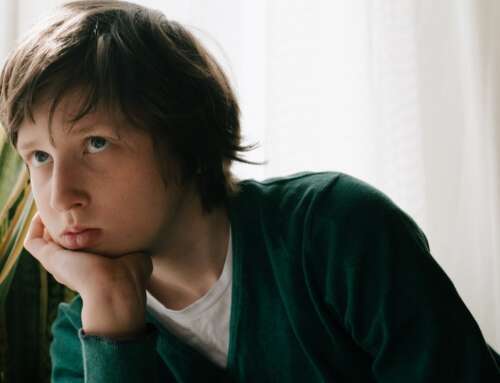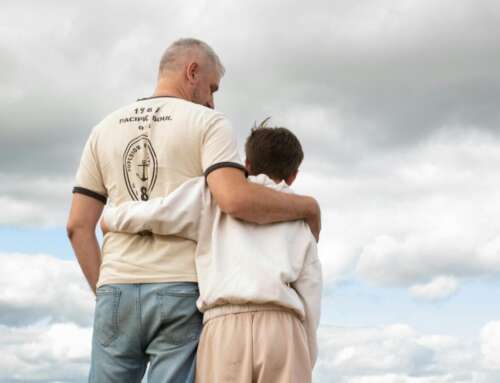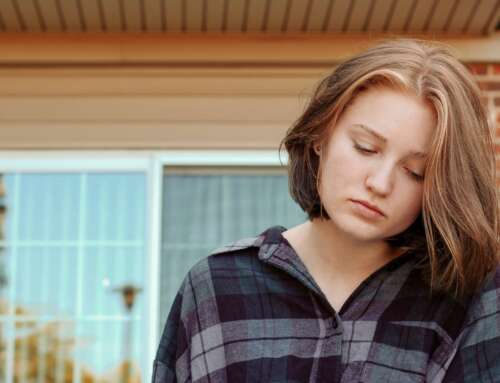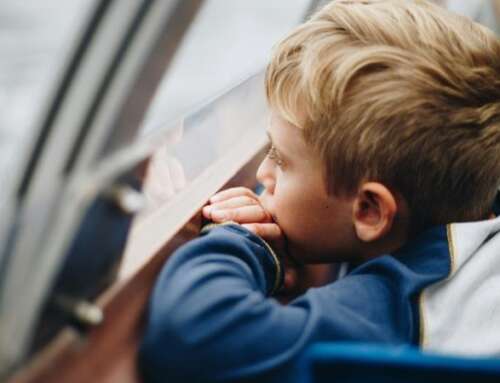 In last weekend’s Sydney Morning Herald, I read an article that stated, “Homophobic bullying rife in high school PE lessons.”
In last weekend’s Sydney Morning Herald, I read an article that stated, “Homophobic bullying rife in high school PE lessons.”
The article went on to say that a study funded by beyondblue, found 98 per cent of students had heard casual homophobia in their PE classes, while more than 80 per cent heard it frequently. Casual homophobia describes phrases such as “that’s so gay”.
More deliberate homophobic remarks – “faggot” or “dyke” – were heard by more than 60 per cent of students in PE.
There’s no question that sexuality is an area that adolescents need education around. But as was eloquently expressed by an audience member on the ABC’s Q&A show a month ago, “Sex Ed at school only teaches Straight Sex.”
If I can elaborate on that, I reckon schools only really teach straight sex, and if we’re being honest, we probably don’t do that all too well either and this is backed up by the findings of the 5th National Survey of Australian Secondary Students and Sexual Health that found this year that:
50% of expressed significant dissatisfaction with sex education at schools, citing irrelevance to their real experiences, lack of relationship advice and lack of discussion of same-sex issues as problems.
Professor Brett McDermott from the Queensland University of Technology and a director of beyondblue said the report begs the question, “Is PDHPE the right place to teach sexuality?”
I think this raises the question.
Are schools well placed to help in this regard? Can students really feel comfortable asking the questions they need to ask, and can teachers allow students to explore questions of sexuality in meaningful ways free from personal bias or discomfort?
Yes some schools employ outside agencies to come in and work with their kids, but perhaps we need to take a more holistic approach. Perhaps we need more appropriately qualified youth workers in schools on a regular basis to work with students around issues like sexuality, or drug and alcohol use, or even online behaviour.
I realise this is an idealistic (perhaps controversial) position to take. After all, the majority of schools don’t have a fulltime counsellor – something I still can’t fathom in today’s world.
Author: Dan Haesler is a teacher, consultant and speaker at the Mental Health & Wellbeing of Young People seminars. His website is: http://danhaesler.com/ and he tweets at @danhaesler







Thanks Dan for your comments on Sex Ed in schools.
I agree that ALL schools need to have full time counsellors to manage the diverse and increasing incidences of Mental health presentations. Equally as important I believe that ALL schools should have School Nurses.
Nurses are trained in the physicality of humans and school nurses seek out and learn child and adolescent health needs and “trends”. A school nurse is the first port of call for many students and is perfectly placed as a primary health access for adolescents. A school nurse can empower a young person to take control, seek help and manage their health needs independently.
As a school nurse in an independent school in NSW I find myself talking one on one and in small groups to students about sexual health matters and drug and alcohol use, amongst other things. It is a two way street. I learn about what goes on in their world and we talk openly and honestly about the impact these behaviours may on have on them long term. I refer on to allied health professionals as the need arises.
My colleagues and I find it difficult to understand why the health of our school children does not seem to rate highly on the political agenda. All schools in NSW should have school nurses; after all children spend a very large proportion of their waking day at school. A cohesive care team including counsellor, nurse and youth worker in a school would not only support the children holistically on a day to day basis but also would enhance their learning experience. The “care teams” knowledge and expertise would impart a medically accurate and “street wise” view of a broad range of topics including but not limited to drug and alcohol use, sexuality and cyber trends.
Hi Sue, Thanks for your comment… I like the idea of a ‘cohesive care team including counsellor, nurse and youth worker’ sounds like the nucleus of a wellbeing team to me… although as you say it doesn’t seem to feature politically, so hard to see where the $$$ might come from…?
Thanks again for taking the time to comment!
Dan H
I work at an independent college as the Middle School coordinator and only teach Health- my favourite subject, at years 9, 11 & 12. Sadly many HPE teachers are more sports teacher than Health teacher and I have come across multiple staff and leadership perspectives in addition to parent perspectives on what role teachers and HPE curriculum ought to have regarding relationships and sexuality and what responsibility parents have. I realise that many parents and young people find this confronting yet if parents aren’t active in this area they really do their child a disservice. I am pleased with the development of relationships curriculum outcomes and the relationships and sexuality outcomes from middle primary through to yr 10 in the aust HPE curriculum and I think taking a developmental approach is very helpful for this area of learning and to help equip students to better manage sexual desires, sexual development and their own sexuality. I think school nurses and schools unique pastoral care staff ought to support HPE heathers as they deliver the relationships and sexuality curriculum. Fr some schools outside agencies deliver such curriculum and I have seen that done very well but it is unlikely that all schools would adopt that practice. Is it realistic that teachers are expected to teach straight sex and more? I think teachers can teach the Aust curriculum however they also need to identify appropriate health agencies who are able to support students beyond the content and level in the curriculum. I believe that it is parents not schools responsibility to be the biggest contributor regarding the ‘teaching of sexuality’ to our young people ands while teachers need to teach particularly about how to respect, value others, explain what consent is and consider ‘when you will be ready’, understand sexual health issues etc. teachers are part of the primary health carers for young people however their role is to help students develop critical health literacy not to be a primary health Carer for students, students must be aware of the health resources beyond their classroom HPE lessons and HPE teachers need to do a better job of valuing respect, modelling empathy and requiring students in comments and actions treat all people with dignity not homophobic cheap shots because they think they can and it doesn’t matter. It does matter and many people in our community not just teachers should be key players I the development of healthy adolescent sexuality.
David from sA
I’m afraid these casual homophobic statements start in primary school. When i approached the principal to help stop such statements made towards my son, his response was very dismissive and i was told that it simply couldn’t be done as they can’t control what is being taught at home. Initially they tried to help with all the bullying (discussions/emails in correspondence), and stated that it definitely was bullying… then i got a statement that no bullying ever occurred. In that same document they refused to acknowledge that they had ever spoken to me about it.
Makes me wonder what hope our kids have of equal and fair treatment when it’s the teaching staff that need educating.